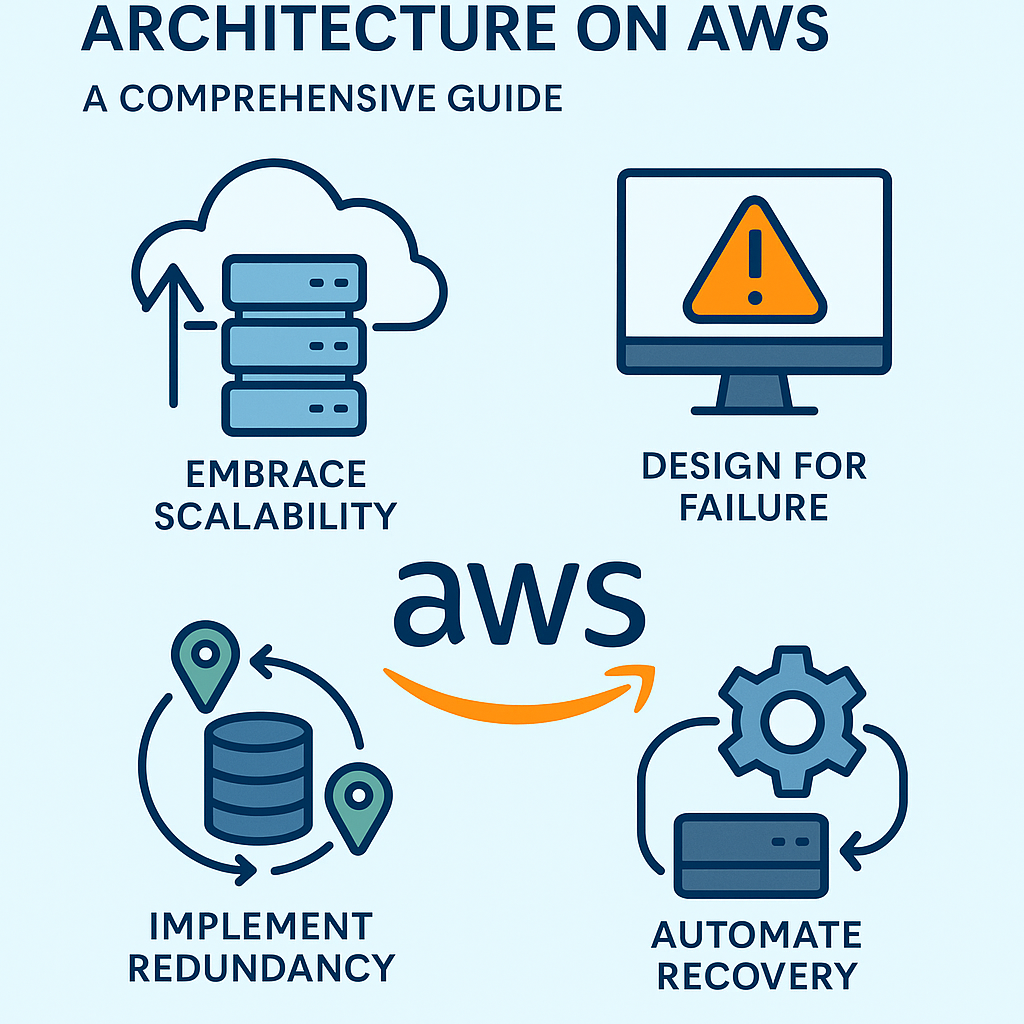In the world of cybersecurity, tools and platforms play a crucial role in penetration testing, vulnerability scanning, and ethical hacking. Among these tools, “Kali” and “Kali Linux” are often used interchangeably but do they mean the same thing? Let’s break down the similarities and differences between the two, clear up the confusion, and understand how both fit into the cybersecurity landscape.
What is Kali Linux?
Kali Linux is a Debian-based Linux distribution specifically designed for cybersecurity professionals. It’s widely used for:
Penetration testing, Digital forensics, Security auditing, Ethical hacking
Developed and maintained by Offensive Security, Kali Linux comes preloaded with over 600 cybersecurity tools like nmap, Wireshark, Metasploit, Burp Suite, and more.
It’s considered the go-to OS for ethical hackers and red teamers who need a powerful, open-source platform that’s flexible and battle-tested.
So… What is “Kali”?
“Kali” is just a shortened or informal name often used to refer to Kali Linux. You’ll hear professionals say:
“I booted into Kali for the test.”
“Let me scan this on Kali.”
In these contexts, “Kali” means Kali Linux nothing more, nothing less.
However, in some rare cases, “Kali” might be mistaken as a tool or a different entity due to its name standing alone in forums or tutorials. But make no mistake: Kali ≠ a tool, . It’s simply shorthand for the full Operating System Kali Linux.
Both terms essentially describe the same platform, but “Kali Linux” is the correct, full term while “Kali” is just the common nickname used by cybersecurity pros.
Misconceptions
Some beginners might think:
“Kali” is a tool inside Kali Linux.
“Kali” is a different version of Linux.
These are false. Think of it this way:
“Kali” is to “Kali Linux” what “Mac” is to
“MacBook” same thing, just shorter.
Real-World Use Case
At Cyclobold, we introduce Kali Linux to students and entry-level engineers during our cybersecurity bootcamps. We ensure they understand:
How to set up a virtual machine or live USB with Kali Linux
The major tools inside Kali Linux like aircrack-ng, hydra, sqlmap, etc.
Proper ethics and legal boundaries of penetration testing
We always emphasize: Kali is not for hacking people. It’s a professional toolkit for testing and improving system security.
Conclusion
While there’s no functional difference between Kali and Kali Linux, understanding that they refer to the same thing helps you navigate the cybersecurity space with clarity and confidence.
So the next time someone says, “I did it on Kali,” just knowthey’re talking about the full, robust, pentest-ready operating system: Kali Linux.Want to learn more about cybersecurity tools and how we use them in real-world projects at Cyclobold? Stay tuned to our blog.



